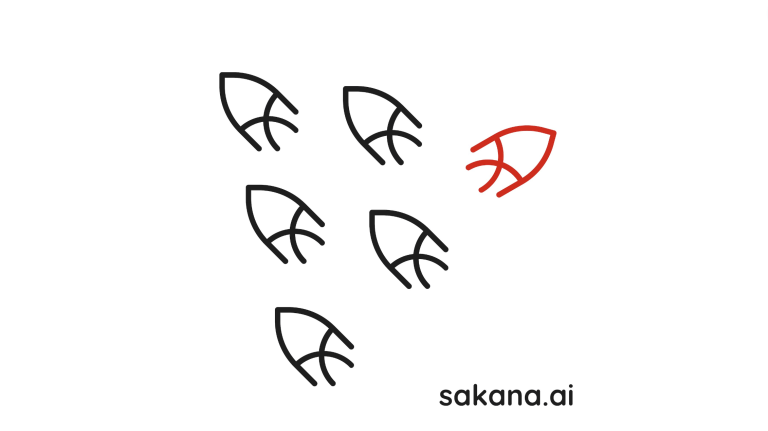|
Listen to this story
|
Enterprises’ tryst with generative AI has been growing steadily. With big tech companies and startups building generative AI models catering to its specific needs, proprietary models and chatbots have been increasingly built over the last few months. The latest to join the bandwagon is German software and ERP giant, SAP, with their generative AI copilot ‘Joule.’
Meet Joule, your new AI copilot for personalized assistance, instant insights, and enhanced productivity – seamlessly integrated across your SAP apps. https://t.co/NwqvXCxBs4 pic.twitter.com/eHRPKKwr8c
— SAP (@SAP) September 26, 2023
Indispensable ERP Assistant
Not just dubbed as a unit of energy, Joule is SAP’s natural-language generative AI assistant that is set to transform the way one engages with SAP business systems. Similar to Microsoft’s Copilot, Joule will allow customers to access SAP’s extensive cloud enterprise suite across SAP apps and programs.
The AI assistant will be built into SAP’s cloud enterprise offerings, providing proactive and personalised insights drawn from a wide range of SAP solutions and third-party sources. The AI assistant aims at facilitating easier and faster business outcomes in a secure and compliant way, catering to over 300 million enterprise users around the world.
The official announcement comes weeks after a recent SAP Labs event in Bengaluru. During the event, the ERP provider revealed its ambitious plans for integrating generative AI in their business solutions to cater to their customer base. The company also revealed its plans to double the AI talent pool by 2024.
According to AI strategy advisor Vin Vashishta, Joule streamlines task automation which reduces the required effort, and also provides access to domain-specific knowledge, thereby lowering the skill threshold.
Joule’s seamless access to domain expertise, not just limited to data, allows individuals to oversee their specific role within the entire chain with a comprehensive view. Tasks/capabilities that typically require a combination of technical specialisation and domain expertise, are avoided via Joule. Bridging the gap between a non-technical employee and technical tasks is one of the biggest tasks that Joule facilitates.
Each to Their Own
Microsoft has been leading the way by integrating Copilot capabilities onto various platforms. The first integration enabled developers and coders by providing AI-powered copilot on GitHub. Furthermore, the company continued its efforts to launch Copilot to reshape its productivity tools such as Microsoft 365, and even refining search via Bing and Edge to deliver personalised answers. Copilot will be integrated to Windows PCs as part of Windows 11 updates, and its rollout will begin on September 26.
While Microsoft’s copilot enables customers to smoothly use relevant tools that are already available and accessed by any (such as GitHub).
Companies across domains have been individually working on bringing generative AI tools to boost employee productivity. ERP and sales domains, is one of the most sought after domains to integrate generative AI. A string of AI-Powered CRM tools are launched in the market from companies such as Fractal, Zoho, and many more. It is estimated that by the end of 2023, 81% of organisations are expected to use AI-powered CRM systems for customer interactions.
Einstein GPT, a generative AI CRM tool by Salesforce, leverages AI to create dynamic content across domains such as sales, service, marketing, commerce, and IT. EinsteinGPT combines Salesforce’s proprietary AI models with generative AI technology from an ecosystem of partners.
While generative AI copilot tools are being built for CRM, ERP and sales, consulting and finance companies are extensively building their own models too. Apart from the aim of simplifying and boosting employee productivity, privacy has also been a rising force. With large proprietary and sensitive data, especially in finance, large enterprises prefer to build their own models. Earlier this year, Bloomberg built BloombergGPT, a LLM tool to improve their Bloomberg terminal service.
Last month, management consulting firm McKinsey introduced ‘Lilli’ an internal, generative AI tool that helps retrieve company’s data for valuable insights. Thereby, boosting productivity by allowing teams to spend valuable time with their customers. Similarly, KPMG, Deutsche Bank, and other consulting/finance companies are experimenting with generative AI tools.
With the current trend of building internal models, even companies that do not have proprietary models at the moment, might follow suit in the future. Focusing on boosting employee productivity and customer experience might be the end goal, however, how many of them have actually achieved these goals with these tools, remains to be seen.
































